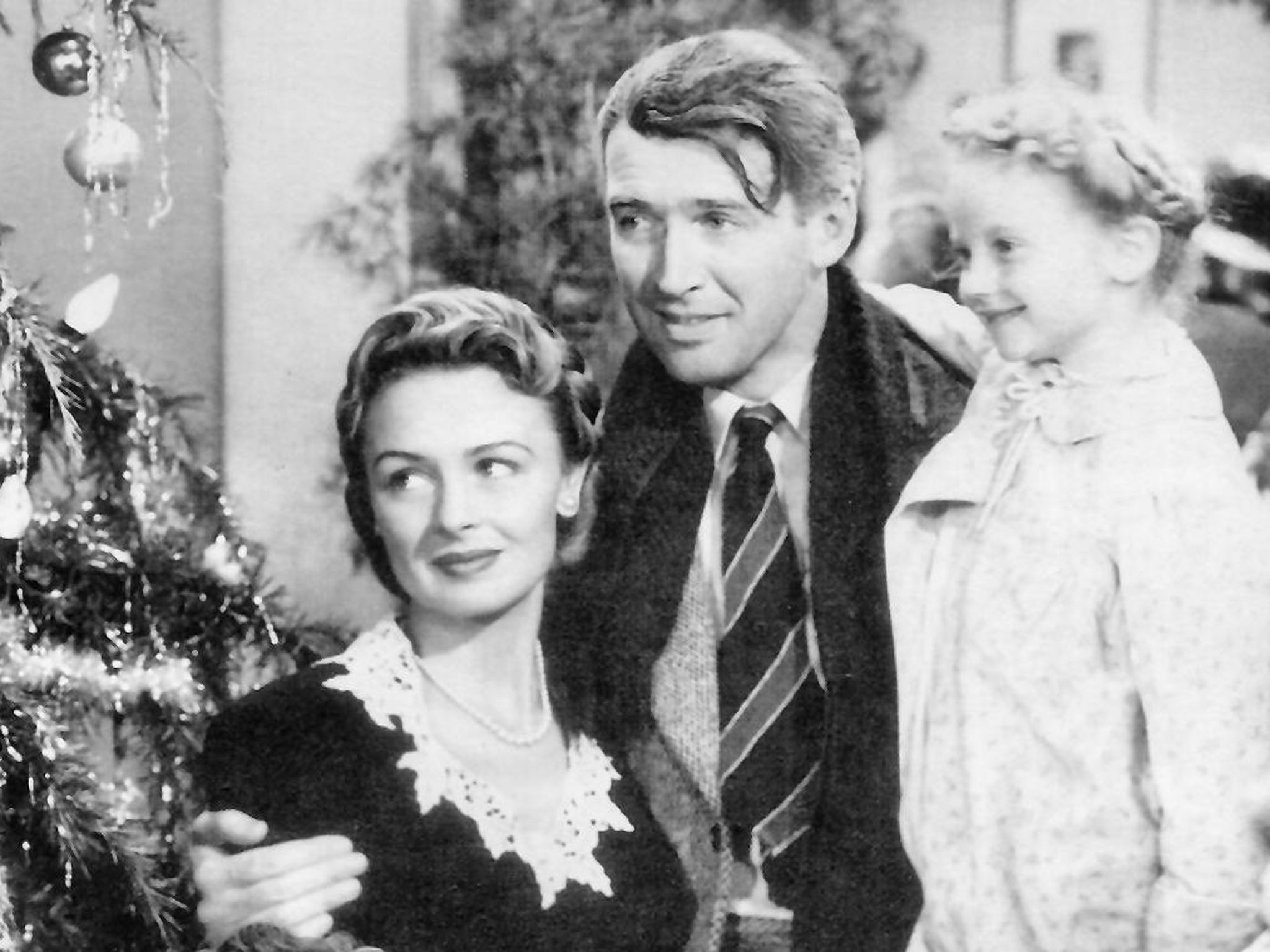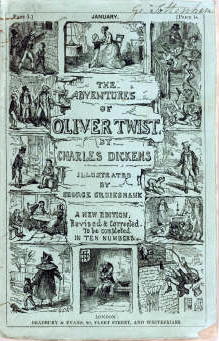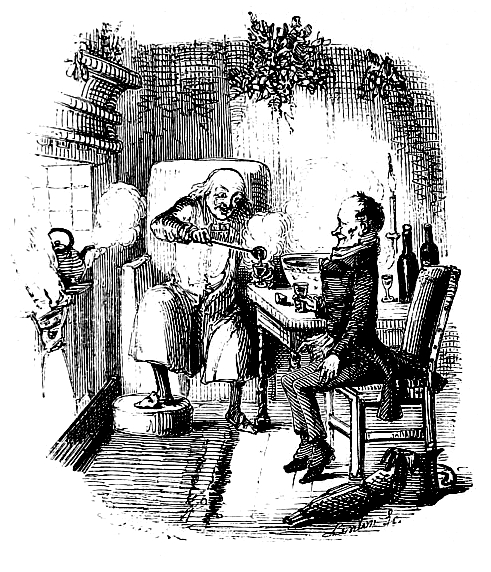|
Bing Crosby's Merrie Olde Christmas
''Bing Crosby's Merrie Olde Christmas'' is a 1977 Christmas television special starring Bing Crosby and his family with special guests Twiggy, David Bowie, Ron Moody, Stanley Baxter and Trinity Boys Choir. It includes a duet by the unusual pairing of Crosby and Bowie on "Peace on Earth/Little Drummer Boy". It was Crosby's final Christmas special. Crosby died during principal photography. The special was introduced by his widow Kathryn Crosby and was broadcast in the United States on CBS on November 30, 1977, and in the United Kingdom on ITV on December 24, 1977. Overview Bing Crosby is surprised to receive a letter from a long-lost relative, Sir Percival Crosby, inviting the family to spend Christmas in England. Bing, his wife Kathryn and their three children – Harry, Mary and Nathaniel – fly off to Britain, reviewing their family history in song and hoping that the invitation is not a case of "mistaken identity". At Sir Percy's grand home, they meet Hudson, the butler; Mrs. ... [...More Info...] [...Related Items...] OR: [Wikipedia] [Google] [Baidu] |
Buz Kohan
Alan "Buz" Kohan (born August 9, 1933) is an American television Television, sometimes shortened to TV, is a telecommunication medium for transmitting moving images and sound. The term can refer to a television set, or the medium of television transmission. Television is a mass medium for advertisin ... writer, producer and composer. Early life Kohan was born to a American Jews, Jewish family in the Bronx, New York City,Emmy TV Legends Interview: "Buz Kohan on how he got his nickname" retrieved October 10, 2015 the son of Charles (b. 1902) and May Kohan. His father was in the leotard business and his mother was a housewife. Career Kohan studied at the University of Rochester's Eastman Sc ...[...More Info...] [...Related Items...] OR: [Wikipedia] [Google] [Baidu] |
Christmas By Medium
Christmas themes have long been an inspiration to artists and writers. A prominent aspect of Christian media, the topic first appeared in in literature and Christmas music. Filmmakers have picked up on this wealth of material, with both adaptations of Christmas novels, in the forms of Christmas films, Santa Claus films, and Christmas television specials. It also includes animation, comics, and children's books, including '' A Charlie Brown Christmas'', ''How the Grinch Stole Christmas!'', and ''Frosty the Snowman''. Films Many Christmas stories have been adapted to movies and TV specials, and have been broadcast and repeated many times on TV. Since the popularization of home video in the 1980s, their many editions are sold and re-sold every year during the holiday shopping season. Notable examples are the many versions of the ballet ''The Nutcracker'', the 1946 film ''It's a Wonderful Life'', and the similarly themed versions of Dickens' ''A Christmas Carol'', in which th ... [...More Info...] [...Related Items...] OR: [Wikipedia] [Google] [Baidu] |
Oliver Twist
''Oliver Twist; or, The Parish Boy's Progress'', Charles Dickens's second novel, was published as a serial from 1837 to 1839, and as a three-volume book in 1838. Born in a workhouse, the orphan Oliver Twist is bound into apprenticeship with an undertaker. After escaping, Oliver travels to London, where he meets the "Artful Dodger", a member of a gang of juvenile pickpockets led by the elderly criminal Fagin. ''Oliver Twist'' unromantically portrays the sordid lives of criminals, and exposes the cruel treatment of the many orphans in London in the mid-19th century. The alternative title, ''The Parish Boy's Progress'', alludes to Bunyan's ''The Pilgrim's Progress'', as well as the 18th-century caricature series by painter William Hogarth, ''A Rake's Progress'' and ''A Harlot's Progress''. In an early example of the social novel, Dickens satirises child labour, domestic violence, the recruitment of children as criminals, and the presence of street children. The novel may have ... [...More Info...] [...Related Items...] OR: [Wikipedia] [Google] [Baidu] |
Artful Dodger
Jack Dawkins, better known as the Artful Dodger, is a character in Charles Dickens's 1838 novel '' Oliver Twist''. The Dodger is a pickpocket, so called for his skill and cunning in that occupation. He is the leader of the gang of child criminals on the streets of London, trained by the elderly Fagin. The term has become an idiom describing a person with skilful deception. Role in the novel In the novel, he becomes Oliver's closest friend (although he betrays Oliver when Oliver is caught) and he tries to make him a pickpocket, but soon realises that Oliver will not succeed, and feels sorry for him, saying "What a pity it is he isn't a prig!" He also has a close relationship with Charley Bates. The Artful Dodger is characterised as a child who acts like an adult. He is described as wearing adult clothes which are much too large for him. Like an adult, he seldom gives in to childish urges. Ultimately the Dodger is caught with a stolen silver snuff box and presumably transporte ... [...More Info...] [...Related Items...] OR: [Wikipedia] [Google] [Baidu] |
Fagin
Fagin is a fictional character and the secondary antagonist in Charles Dickens's 1838 novel ''Oliver Twist''. In the preface to the novel, he is described as a "receiver of stolen goods". He is the leader of a group of children (the Artful Dodger and Charley Bates among them) whom he teaches to make their livings by pickpocketing and other criminal activities, in exchange for shelter. A distinguishing trait is his constant and insincere use of the phrase "my dear" when addressing others. At the time of the novel, he is said by another character, Monks, to have already made criminals out of "scores" of children. Nancy, who is the lover of Bill Sikes (the novel's lead villain), is confirmed to be Fagin's former pupil. Fagin is a confessed miser who, despite the wealth that he has acquired, does very little to improve the squalid lives of the children he guards, or his own. In the second chapter of his appearance, it is shown (when talking to himself) that he cares less for their ... [...More Info...] [...Related Items...] OR: [Wikipedia] [Google] [Baidu] |
A Christmas Carol
''A Christmas Carol. In Prose. Being a Ghost Story of Christmas'', commonly known as ''A Christmas Carol'', is a novella by Charles Dickens, first published in London by Chapman & Hall in 1843 and illustrated by John Leech. ''A Christmas Carol'' recounts the story of Ebenezer Scrooge, an elderly miser who is visited by the ghost of his former business partner Jacob Marley and the spirits of Christmas Past, Present and Yet to Come. After their visits, Scrooge is transformed into a kinder, gentler man. Dickens wrote ''A Christmas Carol'' during a period when the British were exploring and re-evaluating past Christmas traditions, including carols, and newer customs such as Christmas cards and Christmas trees. He was influenced by the experiences of his own youth and by the Christmas stories of other authors, including Washington Irving and Douglas Jerrold. Dickens had written three Christmas stories prior to the novella, and was inspired following a visit to the Field Lan ... [...More Info...] [...Related Items...] OR: [Wikipedia] [Google] [Baidu] |
Tiny Tim (A Christmas Carol)
:; Timothy "Tiny Tim" Cratchit is a fictional character from the 1843 novella ''A Christmas Carol'' by Charles Dickens. Although seen only briefly, he is a major character, and serves as an important symbol of the consequences of the protagonist's choices. Character overview Tiny Tim is the young, ailing son of Bob Cratchit, Ebenezer Scrooge’s underpaid clerk. When Scrooge is visited by the Ghost of Christmas Present he is shown just how ill the boy really is (the family cannot afford to properly treat him on the salary Scrooge pays Cratchit). When visited by the Ghost of Christmas Yet to Come, Scrooge sees that Tiny Tim has died. This, and several other visions, led Scrooge to reform his ways. At the end of the story, Dickens makes it explicit that Tiny Tim does not die, and Scrooge becomes a "second father" to him. In the story, Tiny Tim is known for the statement, "God bless us, every one!" which he offers as a blessing at Christmas dinner. Dickens repeats the phrase at the ... [...More Info...] [...Related Items...] OR: [Wikipedia] [Google] [Baidu] |
Ebenezer Scrooge
Ebenezer Scrooge () is the protagonist of Charles Dickens's 1843 novella ''A Christmas Carol''. At the beginning of the novella, Scrooge is a cold-hearted miser who despises Christmas. The tale of his redemption by three spirits (the Ghost of Christmas Past, the Ghost of Christmas Present, and the Ghost of Christmas Yet to Come) has become a defining tale of the Christmas holiday in the English-speaking world. Dickens describes Scrooge thus early in the story: "The cold within him froze his old features, nipped his pointed nose, shrivelled his cheek, stiffened his gait; made his eyes red, his thin lips blue; and spoke out shrewdly in his grating voice." Towards the end of the novella, the three spirits show Scrooge the errors of his ways, and he becomes a better, more generous man. Scrooge's last name has entered the English language as a byword for greed and misanthropy, while his catchphrase, " Bah! Humbug!" is often used to express disgust with many modern Christmas tradi ... [...More Info...] [...Related Items...] OR: [Wikipedia] [Google] [Baidu] |
Charles Dickens
Charles John Huffam Dickens (; 7 February 1812 – 9 June 1870) was an English writer and social critic. He created some of the world's best-known fictional characters and is regarded by many as the greatest novelist of the Victorian era.. His works enjoyed unprecedented popularity during his lifetime and, by the 20th century, critics and scholars had recognised him as a literary genius. His novels and short stories are widely read today. Born in Portsmouth, Dickens left school at the age of 12 to work in a boot-blacking factory when his father was incarcerated in a debtors' prison. After three years he returned to school, before he began his literary career as a journalist. Dickens edited a weekly journal for 20 years, wrote 15 novels, five novellas, hundreds of short stories and non-fiction articles, lectured and performed readings extensively, was an indefatigable letter writer, and campaigned vigorously for children's rights, for education, and for other social ... [...More Info...] [...Related Items...] OR: [Wikipedia] [Google] [Baidu] |
Upstairs, Downstairs (1971 TV Series)
''Upstairs, Downstairs'' is a British television drama series produced by London Weekend Television (LWT) for ITV. It ran for 68 episodes divided into five series on ITV from 1971 to 1975. Set in a large townhouse at 165, Eaton Place in Belgravia in central London, the series depicts the servants—"downstairs"—and their masters, the family—"upstairs"—between the years 1903 and 1930, and shows the slow decline of the British aristocracy. Great events feature prominently in each episode but minor or gradual changes are also noted. The show may be regarded as a document of the social and technological changes that occurred during those 27 years, including the Edwardian period, women's suffrage, the First World War, the Roaring Twenties, and the Wall Street Crash. It was a ratings success for ITV and received outstanding acclaim worldwide, winning multiple awards. A BBC Wales and ''Masterpiece''-produced continuation, ''Upstairs Downstairs'', was broadcast by BBC One in ... [...More Info...] [...Related Items...] OR: [Wikipedia] [Google] [Baidu] |
England
England is a country that is part of the United Kingdom. It shares land borders with Wales to its west and Scotland to its north. The Irish Sea lies northwest and the Celtic Sea to the southwest. It is separated from continental Europe by the North Sea to the east and the English Channel to the south. The country covers five-eighths of the island of Great Britain, which lies in the North Atlantic, and includes over 100 smaller islands, such as the Isles of Scilly and the Isle of Wight. The area now called England was first inhabited by modern humans during the Upper Paleolithic period, but takes its name from the Angles, a Germanic tribe deriving its name from the Anglia peninsula, who settled during the 5th and 6th centuries. England became a unified state in the 10th century and has had a significant cultural and legal impact on the wider world since the Age of Discovery, which began during the 15th century. The English language, the Anglican Church, and Engli ... [...More Info...] [...Related Items...] OR: [Wikipedia] [Google] [Baidu] |
United Kingdom
The United Kingdom of Great Britain and Northern Ireland, commonly known as the United Kingdom (UK) or Britain, is a country in Europe, off the north-western coast of the continental mainland. It comprises England, Scotland, Wales and Northern Ireland. The United Kingdom includes the island of Great Britain, the north-eastern part of the island of Ireland, and many smaller islands within the British Isles. Northern Ireland shares a land border with the Republic of Ireland; otherwise, the United Kingdom is surrounded by the Atlantic Ocean, the North Sea, the English Channel, the Celtic Sea and the Irish Sea. The total area of the United Kingdom is , with an estimated 2020 population of more than 67 million people. The United Kingdom has evolved from a series of annexations, unions and separations of constituent countries over several hundred years. The Treaty of Union between the Kingdom of England (which included Wales, annexed in 1542) and the Kingdom of Scotland in 170 ... [...More Info...] [...Related Items...] OR: [Wikipedia] [Google] [Baidu] |


_tijdens_persconferentie_in_bioscoop_D%2C_Bestanddeelnr_921-8847_(cropped).jpg)



